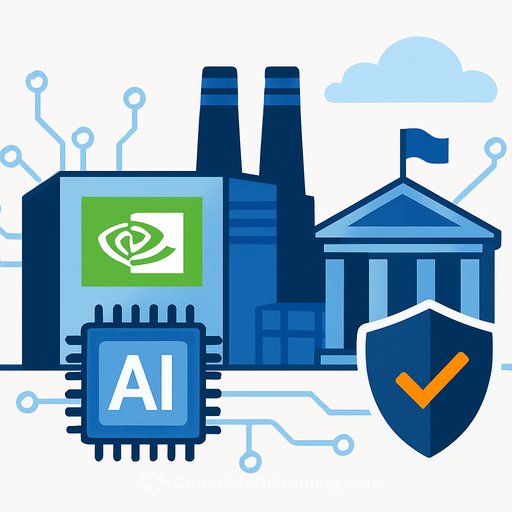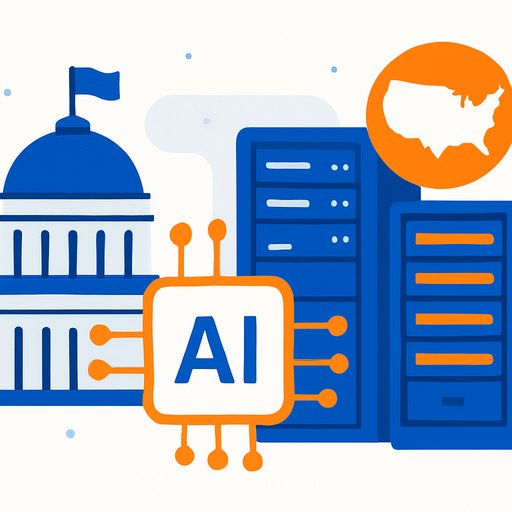Albania names the world's first AI "minister" to tackle corruption in public tenders
Albania has appointed an AI-generated "minister" to oversee public tenders, a move its prime minister says will make procurement "100 per cent corruption-free." The system, called Diella (meaning "Sun"), has advised citizens on online government services since January and now steps into a decision-making role.
Prime Minister Edi Rama announced Diella as a virtual cabinet member, stating it is "the first [government] member who is not physically present, but virtually created by artificial intelligence." Decisions on who wins tenders will be transferred from ministries to the AI in a step-by-step rollout, with the promise of full transparency of public funds in tender procedures.
Corruption remains a critical issue as Albania aims to join the European Union by 2030. The country ranked 80 out of 180 on Transparency International's latest Corruption Perceptions Index, underscoring the stakes.
What changes now
- Diella will handle all public tender decisions, according to the government.
- Ministry-level discretion in awarding tenders will be reduced over time.
- Authorities pledge full visibility into the flow of public funds during tendering.
Since launch, Diella has been shown as a woman in traditional Albanian attire. It is unclear if that visual identity will remain. Rama is expected to announce his broader cabinet soon after his recent reelection.
Why this matters for government leaders
Automating procurement decisions could standardize rules, speed up timelines, and limit undue influence. It could also introduce new risks: opaque models, data quality issues, and accountability gaps if outputs are wrong or biased.
If you work in government, this is a live test of how far AI can go in high-stakes public decisions-and what safeguards are required to keep trust intact.
Guardrails to put in place before delegating decisions
- Legal basis: Confirm compliance with procurement law, administrative law, and EU-aligned standards.
- Clear scope: Define what the AI can decide, where humans must approve, and escalation thresholds.
- Transparency: Publish selection criteria, model inputs used, and rationale summaries for awards.
- Data integrity: Use verified, versioned datasets; track provenance of each data element.
- Audit logs: Immutable, time-stamped logs for every decision, feature input, and human override.
- Independent oversight: Schedule third-party audits and red-team exercises; disclose findings.
- Appeals: Maintain a fast, fair appeals process with human adjudication.
- Bias checks: Test for disparate impact across bidder types; correct and revalidate.
- Security: Protect against prompt injection, data exfiltration, and vendor lock-in risks.
- Change control: Version models and policies; require approval for updates that affect outcomes.
- Public reporting: Dashboard key metrics and red flags without exposing sensitive bidder data.
Metrics to track from day one
- Tender cycle time and on-time completion rate.
- Bidder participation rate and share of single-bid tenders.
- Price competitiveness versus benchmarks and historical averages.
- Number and outcome of complaints/appeals.
- Findings from internal and external audits.
- System uptime, exception rates, and human override frequency.
Suggested rollout sequence (first 90 days)
- Days 0-30: Map processes and data; set governance board; complete legal and DPIA reviews.
- Days 31-60: Run shadow mode on selected tenders; compare AI recommendations with human decisions.
- Days 61-90: Go live on low-risk categories; publish transparency notes; schedule independent audit.
How procurement teams should work with an AI tender engine
- Provide structured, complete tender specs and evaluation criteria up front.
- Document every override with reason codes and evidence.
- Flag anomalies (e.g., collusive bidding signals, unusual price swings) for review.
- Keep vendor Q&A and clarifications consistent and logged.
Key risks to watch
- Overconfidence in "100 per cent" claims; no system is perfect under real-world pressure.
- Gaming by sophisticated bidders if criteria are static or predictable.
- Data drift as markets change; models must be retrained and revalidated on schedule.
- Accountability gaps if roles, escalation, and appeals are not clearly defined.
Context
Albania's move arrives amid its push for EU membership by 2030 and persistent concerns about public sector integrity. Independent benchmarks, such as the Corruption Perceptions Index, remain a reference point for progress.
Further reading: Transparency International - Corruption Perceptions Index
Upskill your team: If your department is planning AI-assisted procurement or compliance, explore practical training and certifications on automation and AI governance: AI Automation Certification.
Your membership also unlocks:





